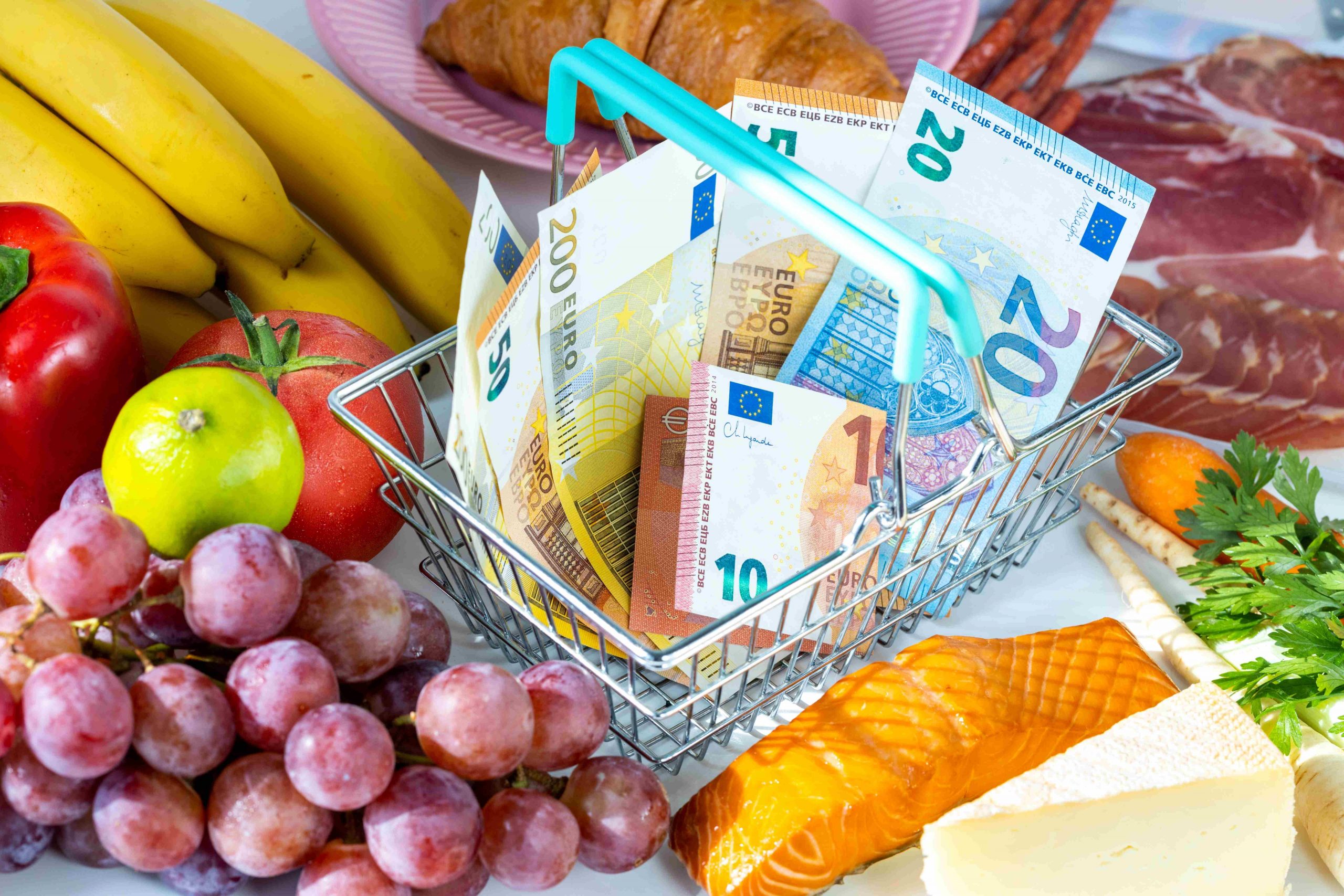In February, inflation settled at 2.9%, a slight dip from January’s 3.1%. However, the government remains apprehensive about the evolving trend of price hikes. Despite this slight relief, Greek consumers continue to feel the pinch, particularly with persistently high food prices.
The inflationary pressure on food continues to mount, with a significant uptick of 6.7%. Notably, olive oil saw a staggering 63.4% surge, while fruit prices spiked by 12.3%. Carbonated beverages and fruit juices registered a 13.8% price increase. Meanwhile, health insurance premiums surged by 14%. On a different note, natural gas prices are 52% lower than they were in February 2023.
According to ELSTAT data, comparing the General Consumer Price Index of February 2024 with that of February 2023, there was a 2.9% increase, compared to a 6.1% increase during the same period the year before.
In February 2024, the General Consumer Price Index edged up by 0.1% compared to January 2024, a slight decrease from the 0.3% increase seen during the same period last year. The average Consumer Price Index for the twelve-month period from March 2023 to February 2024 showed a 2.9% increase compared to the previous year.
The 2.9% increase in the General CPI in February 2024 primarily resulted from notable price changes in several groups of goods and services: a 6.7% rise in food and non-alcoholic beverages, a 2.4% increase in alcoholic beverages and tobacco, a 3.5% uptick in health, a similar increase in education, and a 6.5% surge in hotels-cafes-restaurants.
Conversely, there were decreases in indices by 0.3% in housing, mainly due to lower electricity and natural gas prices, and by 1.9% in communications, primarily attributed to reduced telecommunications service costs.



